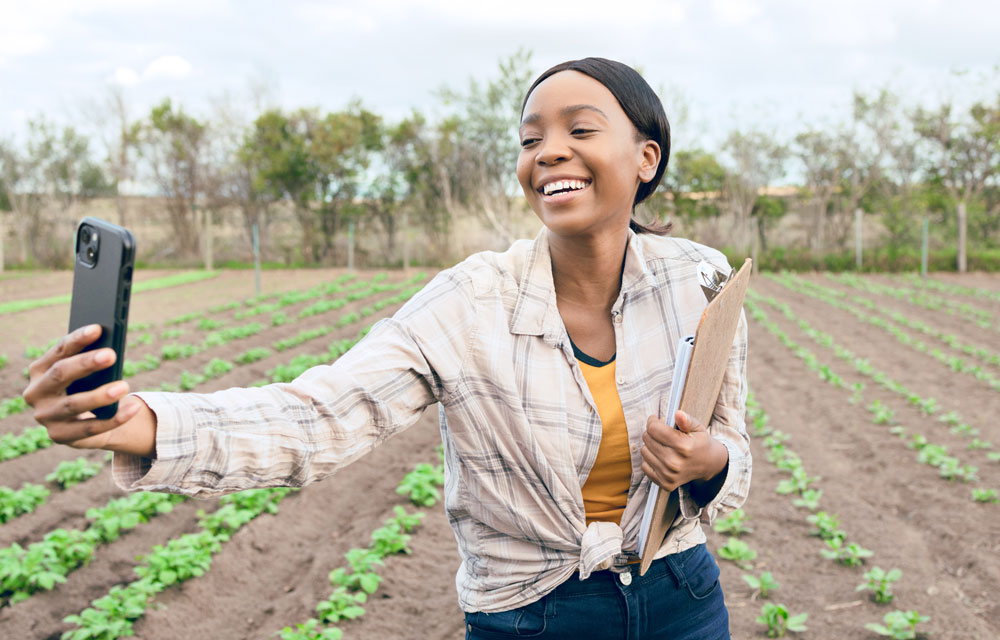ECOSOC at 80: Renewing Multilateralism in an Age of Global Uncertainty
On 23 January, the United Nations Economic and Social Council (ECOSOC) convened a commemorative session…

In recent years the importance of data protection and ownership has increased in importance and become a bigger topic of conversation. In recent years all around the globe, the world has seen more expansive and stricter privacy protection acts come into place. In 2018 Europe brought in the General Data Protection Regulation (GDPR), Canada revised their Personal Information Protection and Electronic Documents Act (PIPEDA) in 2019, while other countries, such as Australia, have had privacy acts set in place since 1988. As farming technologies have continued to advance and precision farming has come to the forefront, farmers have increasingly become part of the data ownership and privacy conversation. Who owns their land and crop data?
Precision farming uses a series of technologies including sensors, drones, and various data analysis tools to improve crop production and land management. The data is collected using a series of technologies developed by third-party providers or developers. Increasingly farmers have been concerned about the collection process and the potential of unauthorized sharing of this data with additional third-party technology providers, other agriculture-based companies, or governments. Currently, outside of national regulations, such as the GDPR or PIPEDA, there is nothing that specifically protects farmers from potential data breaches.
In an effort to address these concerns the Digital Agriculture Association (DAA), of which Emerging ag acts as the Secretariat, has developed a position paper entitled “Data Ownership, Use, and Privacy Guiding Principles” proposing a series of recommendations on who owns the land data and how it could be shared. The paper addresses the difference between ‘personal information” (data relating to identifiable persons applicable to Privacy Law) and ‘agricultural data’ (data related to agricultural production). The paper further breaks down seven recommendations into categories of control, transparency, and fairness. With this paper, the DAA hopes to enter a number of global conversations and platforms to represent farmers in the protection of their information. Currently, the DAA is engaging in policy discussions and negotiations with the World Trade Organization (WTO), G7/T7 (Group of 7/Think7), the Food and Agriculture Organization of the United Nations (FAO), and the Organisation for Economic Co-operation and Development (OECD). From these current conversations, the Association hopes to see concrete guidelines to specifically protect farmers, their data, and their privacy.
The Digital Agriculture Association, formed in 2020, brings the voice of the industry to issues relating to innovation and technological and digital applications in the agriculture sector. The Association also nurtures the ecosystem for organizations working in the digital agriculture space for increased cooperation. The Association currently has nine board members and two associate board members who contribute to the development of position papers and work for further engagement into international platforms. Trimble currently Chairs the Association. The Association also has an approved position paper on the Democratization of Digital that can be viewed here.